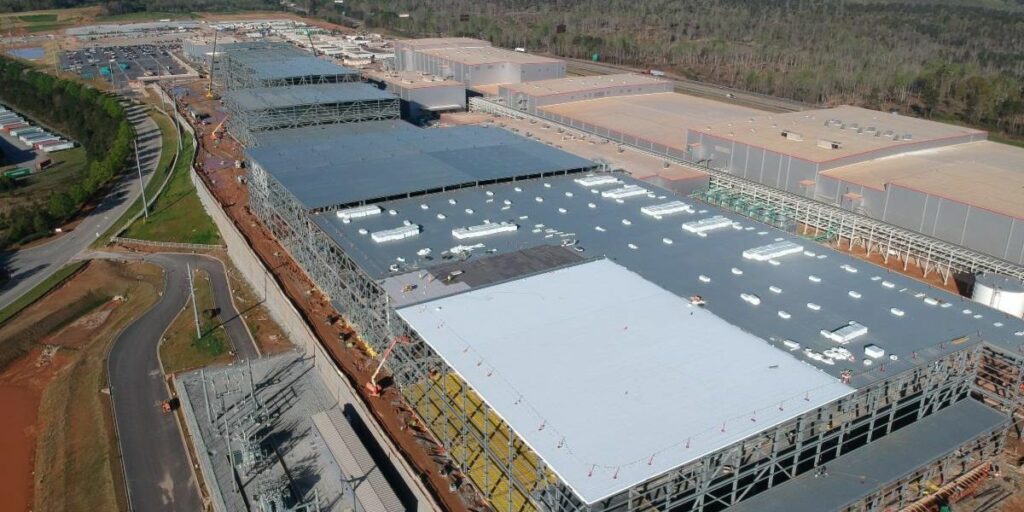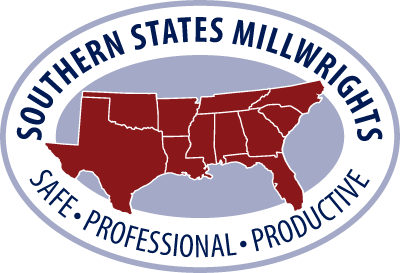
In the industries where millwrights work, tax fraud is often associated with independent-contractor misclassification and abuses of non-immigrant visa programs and the Visa Waiver Program.
A recent case involved the SK Innovation battery plant in Commerce, Georgia. Georgia gave SK one of the biggest incentive packages in state history, including $300 million in grants, tax breaks, and free land.
In May of 2020, U.S. Customs and Border Protection intercepted 33 workers at Atlanta’s Hartsfield International Airport. The workers were attempting to enter the country under the Visa Waiver Program using employment letters CBP determined to be fraudulent. CBP revoked an additional 43 Electronic System for Travel Authorization (ESTA) applications linked to the fraud scheme. ESTA is an automated system that determines travelers’ eligibility to enter the United States under the Visa Waiver Program.
According to CBP, the first group of 12 workers en route to the SK plant revealed that they were to be paid $6,000-$7,000 for two to three months of work, triggering fears that they would undercut U.S wages when many tradespeople were out of work or underemployed. Typically, non-immigrant-worker visa programs require employers to pay foreign workers the same wages they would pay American workers performing the same jobs.
In September, federal authorities arrested 13 Koreans employed at SK Innovation, and the workers voluntarily left the United States. Read the CBP news release and articles from Global Atlanta and the Atlanta Journal-Constitution. After these incidents, a contractor partner of the Southern States Millwright Regional Council obtained work at the plant, leading to more than 32,000 work hours for union millwrights.
Schemes similar to the one at SK Innovation have involved contractors employing foreign workforces – by misusing the ESTA and B1 visitor visas – to build sections of U.S. auto plants in the South, as documented by CBS News.
